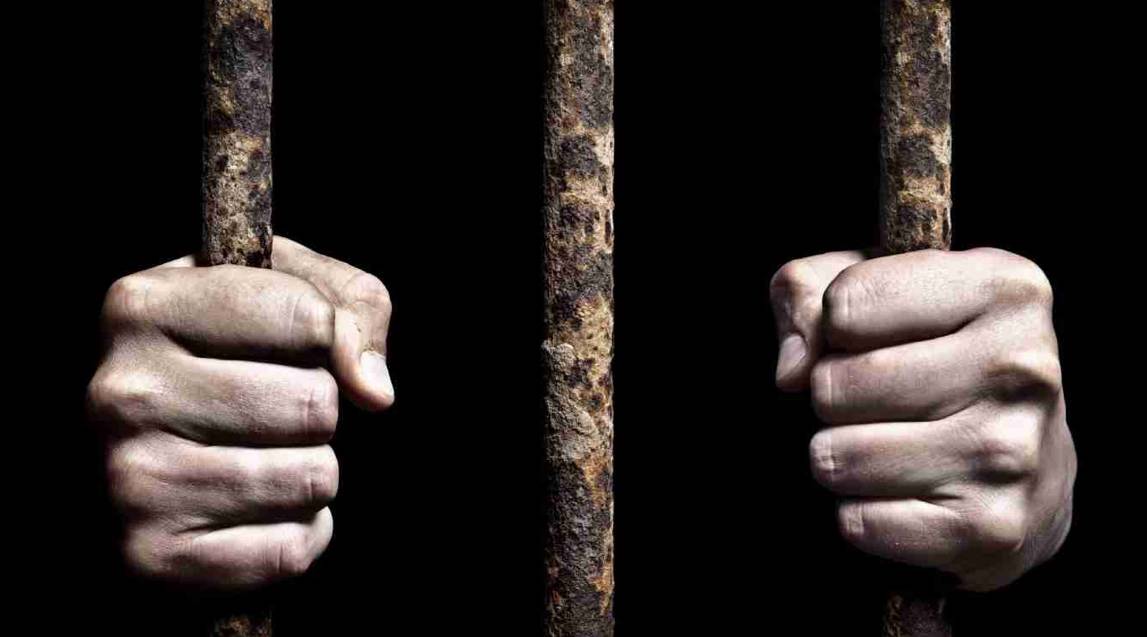
Italy
Capital city — Rome
In case of arrest
Prisoners can receive six hour-long visits per month with up to 3 visitors at a time.
Detention¶
How do I find out where my family member/friend is being held? ¶
You can contact the embassy or the consulate of your country in Italy. Your friend or family member may have asked the police or the prison staff to inform them. Some countries have a special agreement with Italy and will be automatically informed of any arrest.
How can I communicate with him/her? ¶
- Letters: Prisoners have a right to unlimited correspondence while under arrest and also during the service of the sentence. Depending on the accusation, incoming and outgoing mail may be censored.
-
Mobile phone: Mobile phones are not permitted in prison. Inmates use telephone cards. If prisoners wish to make a telephone calls, permission must first be obtained from the judge. Once charges and detention have been confirmed, the Prison Governor has to approve the request. Prisoners can submit requests in writing, enclosing the following documentation: copy of a telephone bill of the number you wish to call (landline only); copy of the passport of the owner of the telephone number, document proving the relationship to that person (eg, marriage certificate, birth certificates).
If the inmate wants to call a foreign number, it must be checked by the penitentiary administration through consular authorities.
What steps do I undertake in order to visit him/her in prison? ¶
- Pre-trial detainees: Must apply to the investigating judge (GIP- Giudice Indagini Preliminari)
-
Sentenced detainees: Must apply to the Ufficio Matricola to receive visitors.
Prisoners can receive six hour-long visits per month with up to 3 visitors at a time. Art.41-bis prisoners (mafiosi and terrorists) are entitled to four visits per month.
All visitors must be authorized and requests for authorization filed by the detainees. Third party visits, considered those outside the prisoner’s relatives, partners and friends, are at the discretion of prison management.
Visitors are subject to checks on entrance and must produce ID. Visitors with pending criminal proceedings against them cannot visit prisoners.
Conjugal visits do not exist in Italy.
How do I find a local lawyer to organize a defence? ¶
- National Bar (Ordine degli Avvocati)
- Private lawyer
- Lawyer ex officio If a suspect or defendant does not have a lawyer, the prosecuting authority – the police, prosecution or judge—will request the Bar Association to appoint one. These ex officio lawyers are not free and they will only be paid by the State if the suspect or defendant is indigent.
- Legal aid (patrocinio gratuito) may be available at any stage of the judicial process in penal cases. A defendant may submit a request to the judge to authorise the State to pay his/her lawyer, but only if he/she can prove earnings of less than € 11,528,41 per year.
- Consulates or embassies can sometimes provide a list of lawyers.
Am I allowed to send a parcel? If so, what can it contain? ¶
Friends and family can send mail and parcels directly to the prison. A prisoner can receive 4 postal parcels per month; there is a weight limit of 5 kilos per parcel (20 kilos in all) but this depends on whether a person has received other packages that month, or during ordinary prison visits.
Also, this weight restriction does not apply for mothers behind bars with their children. Books, newspapers and other literature are generally excluded from weight limits.
Each institute adopts its own list of authorized goods, a so-called ‘Model 176’. Alcoholic beverages and other dangerous goods are never permitted. Packages are subject to inspection.
Prison regulations state that there must be a delay of 15 days between parcels delivered on visits and parcels received by post.
How can I send money? How much and how often? ¶
Prisoners may hold an account at the prison. The family can send money through bank transfer to the penitentiary administration or by depositing them during visits. Procedures vary by institution.
Italy has a very strong network of volunteer-run associations providing assistance to detainees.
Local help¶
These are some of the main associations operating on a national basis:
- Antigone
- Comunità Papa Giovanni Paolo XXIII
- Associazione Ricreativa Culturale Italiana (Ora D’Aria) (ARCI)
- Libera
- Caritas Italiana
- Coordinamento Enti e Associazioni di Volontariato Penitenziario (SEAC)
- Jesuit Social Network Italia Onlus
- Coordinamento nazionale comunità di accoglienza (CNCA)
-
Forum salute in carcere
There are also countless associations working on a local basis.
Links to useful websites¶
-
Fact-sheet on criminal proceedings and defence rights in Italy by Fair Trials
-
Arrested in Italy FAQ – an info-sheet by Fair Trials
-
European Justice Commission fact-sheet on rights of defendants in criminal proceedings (specifically: arrest, detention, preventive custody and EAW)
-
The Italian criminal trial info-sheet by Canestrini Law
-
Legal aid info-sheet by Canestrini Law
-
A brief introduction to Italian criminal law by Avvocato Adriani
-
Multilingual Guides for Prisoners (available in Italian, English, Spanish, French, Arab, Albanian, Croatian) and Guide for Prisoners Relatives (only in Italian) by Ristretti Orizzonti
-
Italy prisoner’s pack – info-sheet by the UK Foreign Office (specifically conceived for prisoners of UK nationality but containing essential information with regard to detention pertaining to all prisoners)